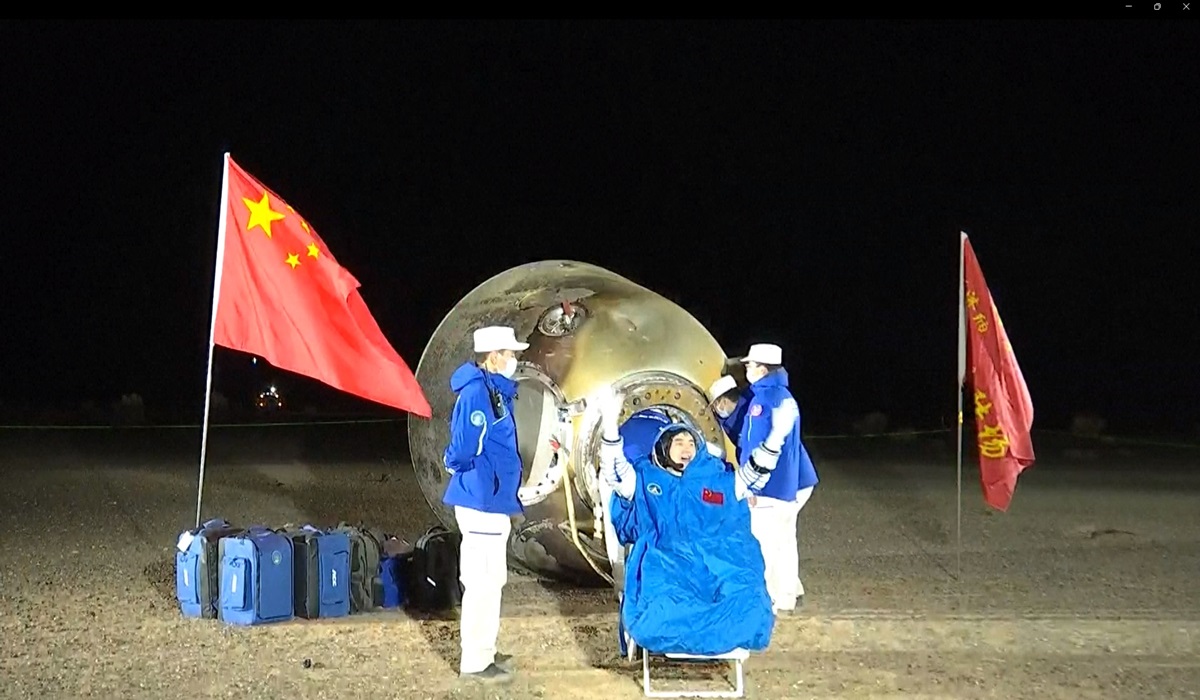Shenzhou 18 Returns Crew Returns to Earth: A Milestone for China’s Growing Presence in Space
- Ingrid Jones
- D.O.C Supplements - Trending News
- China
- East Asia
- November 4, 2024

The rapid ascent of the Chinese space program has marked a new era in global space exploration, marked by both impressive technological achievements and a push for independence. Central to this progress is the Tiangong space station, which, with the upcoming decommissioning of the International Space Station (ISS), may soon be the only active space station in orbit. This shift would signify a new phase in the geopolitical dynamics of space.
China’s program began with modest steps but has transformed into a formidable presence in just a few decades. The initial focus was on satellite technology and unmanned missions, but recent years have brought major advancements in crewed spaceflight. In 2021, the country launched the Tianhe core module of the Tiangong space station, officially joining the exclusive group of nations with a long-term human presence in orbit. Tiangong now stands as a testament to technological self-reliance, especially since Chinese participation in the ISS has been restricted by the U.S. due to political considerations.
The ISS, meanwhile, is scheduled for decommissioning by 2030, though concerns over its aging infrastructure could accelerate this timeline. Once the ISS retires, Tiangong is expected to become the primary outpost in low Earth orbit, a significant development that could reshape international collaboration and research in space. Countries seeking continued scientific exploration may look to Tiangong, placing China in a central role for future human activities in orbit.
The Shenzhou 18 crew, consisting of astronauts Ye Guangfu, Li Cong, and Li Guangsu, recently completed another mission milestone. After spending over six months aboard Tiangong, the crew returned to Earth on Sunday, November 3. Their mission, filled with research and technology demonstrations, paves the way for future advancements. On October 30, they welcomed the incoming Shenzhou 19 crew, creating a rare moment with six astronauts aboard simultaneously and marking the program’s operational maturity.
Command officially transferred on November 1, with Commander Ye handing over control of the station to Shenzhou 19’s Commander Cai Xuzhe. The Shenzhou 18 crew’s return not only underscores the program’s growing capabilities but also highlights the steady evolution of operations aboard Tiangong.
Space enthusiasts worldwide watched live stream of the Shenzhou 18 return, an witnessed this significance of the moment in real time. With Tiangong’s fully operational status and the transition of crew responsibilities, this space program is clearly signaling its commitment to a long-term role in space.








